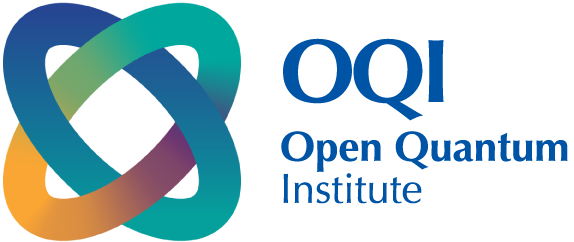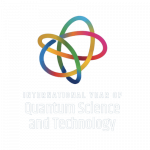Carbon Reduction
Quantum Computing simulation to reduce carbon dioxide (CO2) in the atmosphere by improving catalysis process responsible for the fixation of carbon on the surface of materials.
OWNER
STATUS
Phase 1 – Outline
QUANTUM APPROACH
Quantum Simulation
SDGs
CONTRIBUTORS
ETH Zurich
École Polytechnique Fédérale de Lausanne (EPFL)
United Nations Framework Convention on Climate Change (UNFCCC)
ORIRGIN OF CONTRIIBUTORS

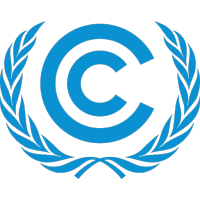
IMPACT/ CONTEXT
The window is rapidly narrowing to achieve the goal set by the Paris Agreement of limiting global temperature increase to well below 2 degrees Celsius, while pursuing efforts to limit the increase to 1.5 degrees.
Carbon Dioxide Removal could play a key role in achieving and sustaining net negative greenhouse gas emission in the long-term.
One of such key challenges is to find effective solutions to store and valorize the CO2 once captured. Technologies exist to capture carbon dioxide and store it underground, but this can only be a temporary solution. It is also possible to reduce CO2 to single-carbon compounds, notably methane.
HOW QUANTUM COULD HELP
One approach to recycling of carbon dioxide is to sequester it and then to transform it into other compounds, such as formic acid, methane, methanol, ethanol, or ethene. This chemical transformation can be accelerated by the interaction of carbon dioxide molecules with copper surfaces, through the process so-called heterogenous catalysis. Although the catalysis process is relatively well adopted, it is still unclear how these chemical reactions are accomplished locally on a copper surface.
Quantum computing is a natural tool to simulate chemical systems. After systematically screening adsorption sites and energies at differently prepared copper surfaces using density functional theory calculations, quantum computations would lead to collect sufficiently accurate energy estimates. This is key to deriving a correct mechanism of the chemical processes that will support efficient carbon dioxide reduction solutions.
